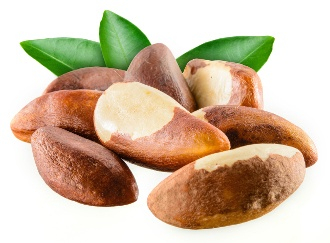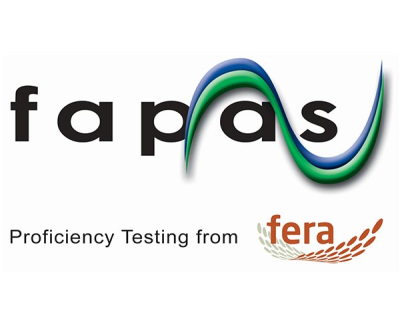Brazil Nut ELISA Kit - 48 wells

PRICE: $395.00
Brazil nut is the seed of the South American Bertholletia excelsa tree. There are limited methods of detection available, which make's BioFront's MonoTrace ELISA kit a highly sought after method for the detection of Brazil nut.
BRAZIL NUT ASSAY PERFORMANCE
Assay Time: 30 minutes post-extraction!
Incubation Times: 10-minute steps for extraction, sample incubation, conjugate incubation, substrate incubation
Number of Tests per Kit: 48
Limit of Detection: 0.14 ppm
Range of Quantification: 1 to 40 ppm
Specificity: Brazil Nut
*= calculations of parameters are based on representative data from ten assays, however, users should consult accompanying certificate of analysis for lot-specific values.
CROSS-REACTIVITY
The MonoTrace Brazil nut ELISA exhibits strong reactivity to Brazil nut (Bertholletia excelsa). At concentrations as high as 100,000 ppm, the Monotrace Brazil Nut ELISA shows no cross-reactivity with other matrices including tree nuts, legumes, seeds, flour, meats and spices.
RECOVERY
The Brazil nut ELISA kit (BN-EK) is suitable for the qualitative or quantitative detection of Brazil nut in
various matrices, including chocolate, ice cream, cookie, cereal and spice products. Chocolate, ice cream and spice extractions required the addition of 5% (w/v) non-fat dry milk to the extraction buffer. This extraction additive is needed for samples containing polyphenols, which include: chocolate, fruit, tea, coffee, red wine and soybean as well as others not listed here. Recoveries were acceptable, according to current AOAC guidelines (J. AOAC Int. 2012). In summary, Brazil nut was efficiently extracted and detected using the Brazil nut ELISA from diverse food matrices and spices at risk of adulteration.
Other matrices may also be suitably extracted. Contact BioFront Technologies technical support (support@biofronttech.com) for assistance to determine whether your matrix-of-interest has been validated (cross-reactivity & recovery). An internal validation using a Brazil nut-spiked sample is recommended to ensure that protein is efficiently recovered before qualitative or quantitative results are obtained from the kit.

